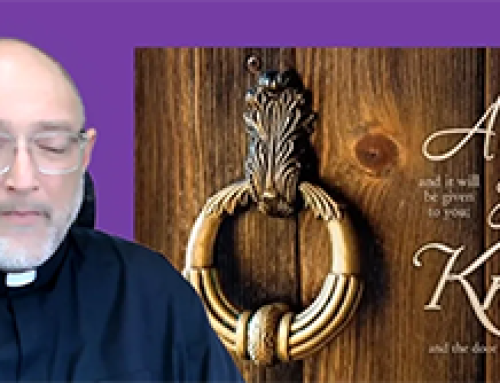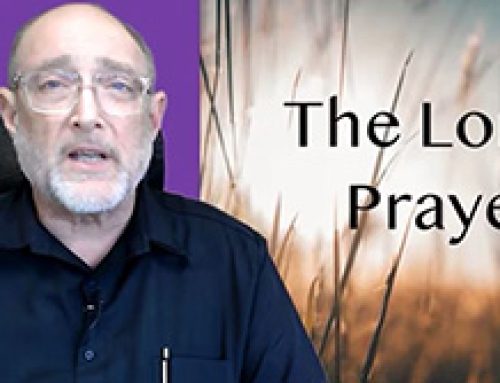Today, Marg Gobius, the Leader of School Evangelisation at MacKillop College reads from the Gospel of Luke (13:22-30) in which Jesus says, ‘There are those now last who will be first, and those now first who will be last.’
Marg says, in the Gospel story, Jesus paints a striking picture of a narrow door that we must strive to enter. This is a spiritual door, representing the focused and challenging path of following Him.
He warns that many will try to enter late, only to find the door has been shut. And God may respond in a stark and unsettling truth: “I don’t know you.” This isn’t a casual dismissal; it’s a profound statement about the nature of our relationship with God.
It tells us that a superficial connection, a familiarity with religious customs, or a casual association with believers isn’t enough. True entry requires a deep, personal, and transformative commitment.
The “narrow door” is the daily, often difficult, choice to live out our faith in tangible ways, in our conversations, our work, and our relationships.
So, what does this look like in our everyday lives?
It asks us to prioritise God’s Kingdom: In a world that constantly demands our time and attention, we must intentionally set aside time for prayer, reflection, and engaging with God’s word. This isn’t just about attending Mass on Sunday; it’s about making God a central part of our daily rhythm.
Practice Humility and Service: The narrow door is entered with a spirit of humility, not pride. It means putting the needs of others before our own. Look for opportunities to serve in your community, at your job, or in your family. Small acts of kindness, like listening to a friend in need or offering a helping hand.
Be courageous in our convictions: The path is narrow because it often goes against the grain of popular society. Being willing to stand for what is right, even when it’s unpopular; simply choosing integrity over convenience.
Ultimately, Jesus’s message is one of both warning and hope. The door is narrow, but it is open. It requires striving, but that striving is joyful and purposeful.
In closing Marg says, ‘Let’s ask the Holy Spirit to inspire us to live with intention and urgency, embracing the narrow path that leads to a deep and lasting relationship with Jesus’.






Leave A Comment